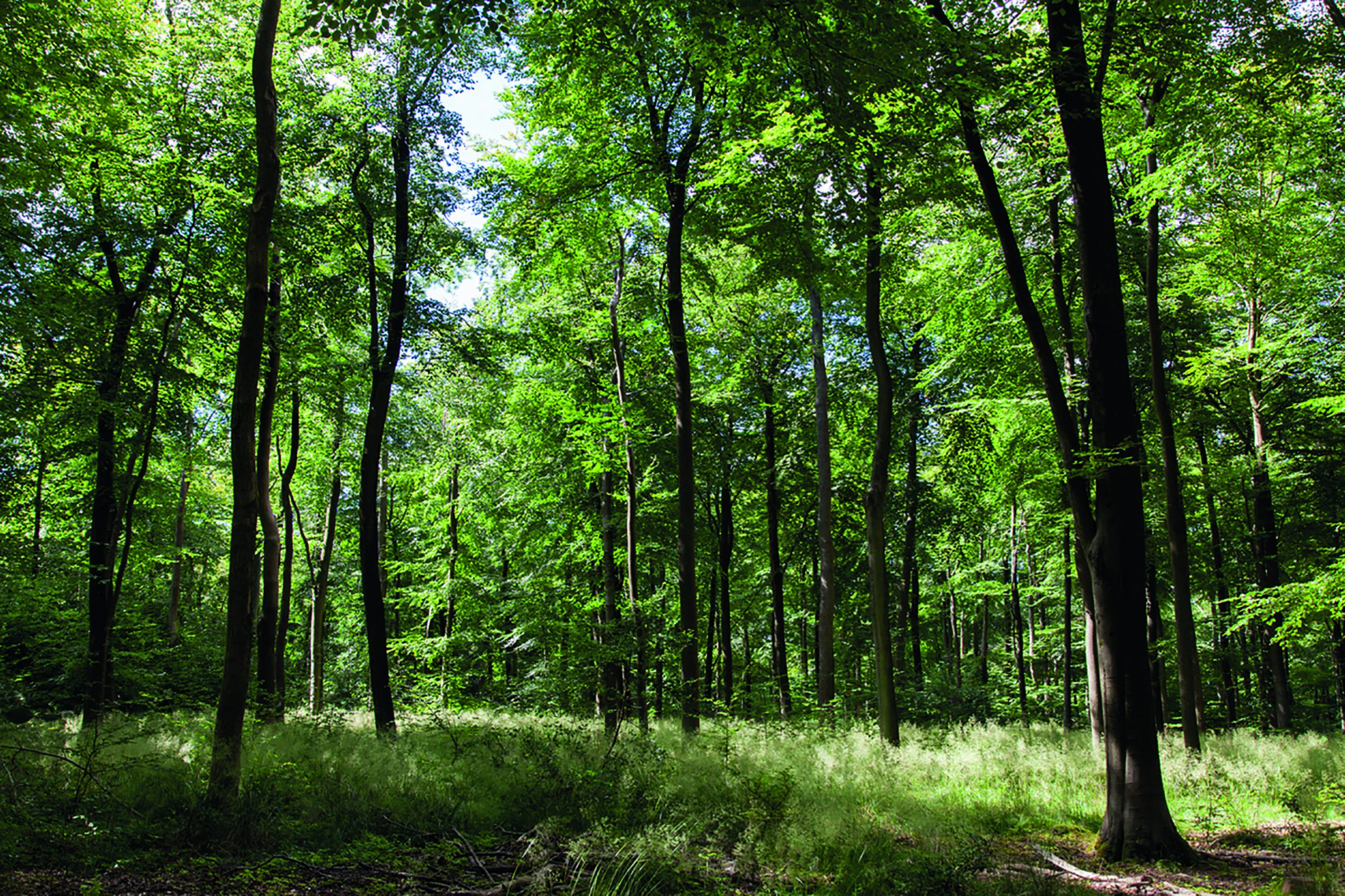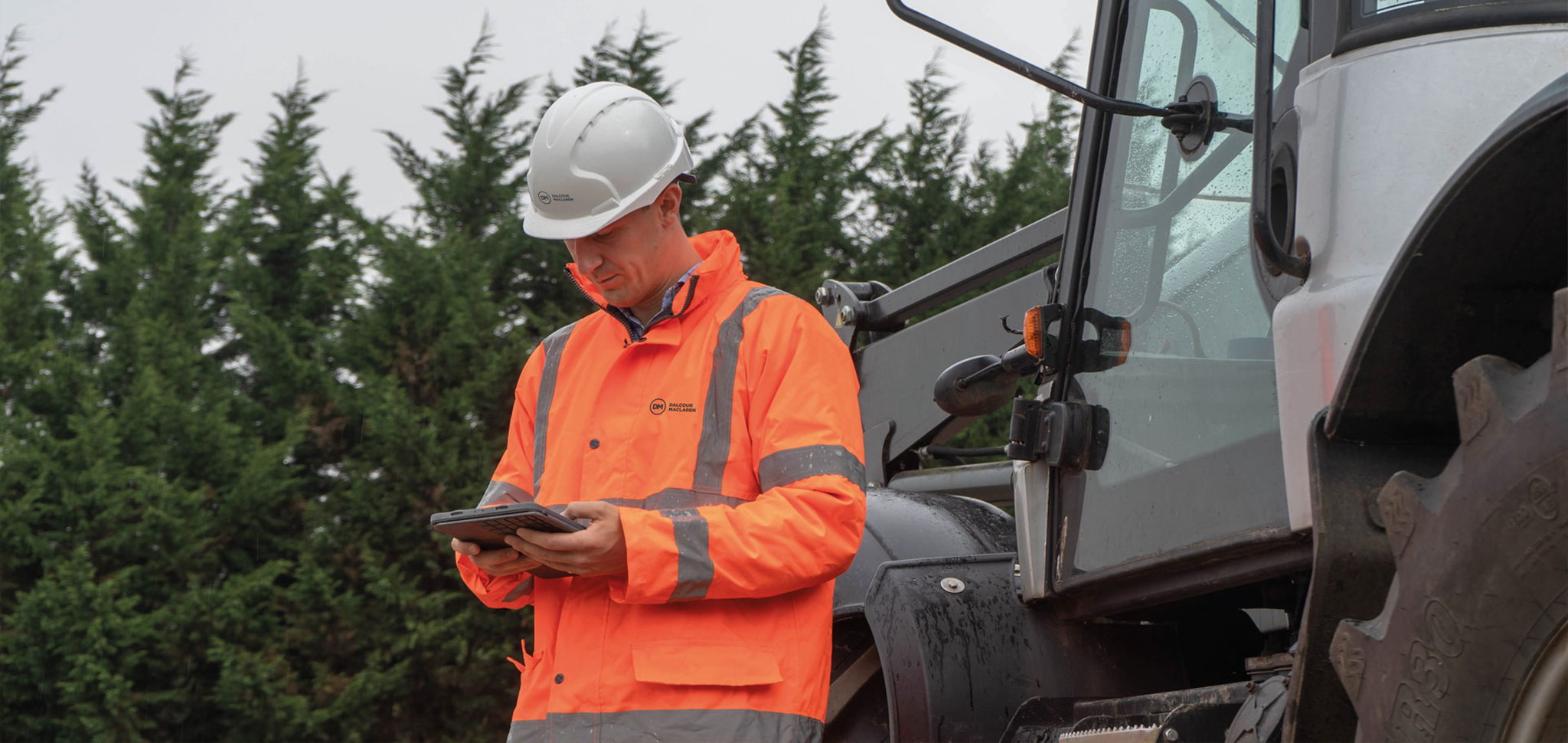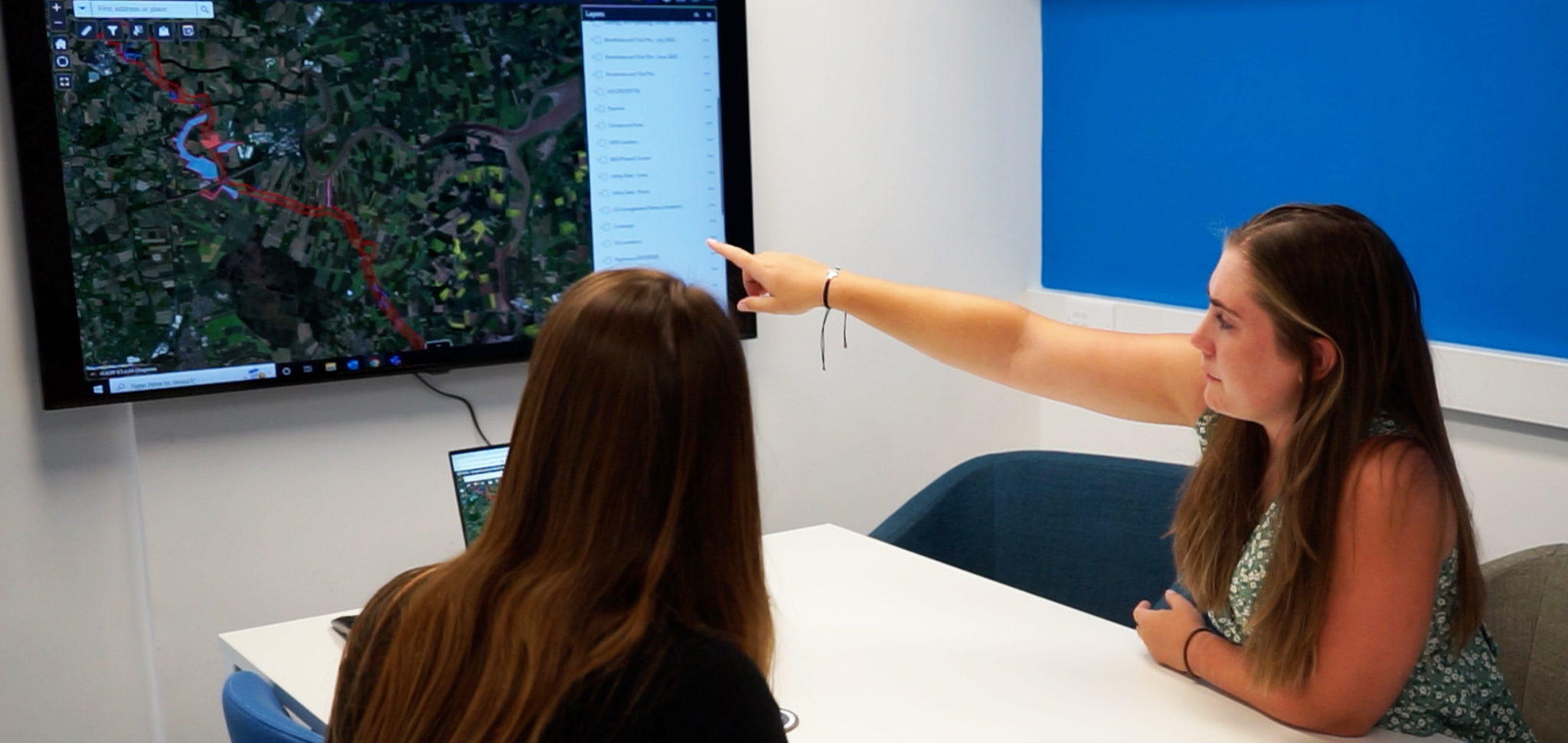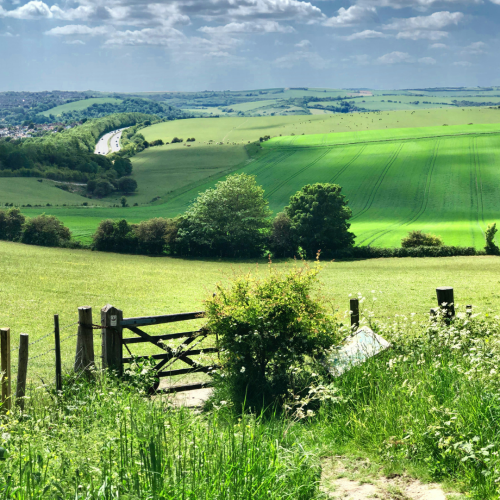We offer a holistic, tailor-made service, that draws together expert knowledge from a range of disciplines all under one roof.
‘Biodiversity net gain’ (BNG) is an approach to development and land management, that aims to leave the natural environment in a measurably better state than it was beforehand, by creating or enhancing habits. Under the Environment Act 2021, it is now a legal requirement for developers across England to deliver at least 10% BNG for most major developments. BNG will become mandatory for all small sites from April 2024 and Nationally Significant Infrastructure Projects (NSIPs) from 2025. Small sites are defined as (i) For residential: where the number of dwellings to be provided is between one and nine inclusive on a site having an area of less than one hectare, or where the number of dwellings to be provided is not known, a site area of less than 0.5 hectares. (ii) For non-residential: where the floor space to be created is less than 1,000 square meters OR where the site area is less than one hectare.
As well as needing to meet BNG requirements detailed under the Environment Act, many of Dalcour Maclaren’s clients also have internal BNG targets and we are well placed to provide tailored support, drawing on a range of expertise and skillsets from across the business.
BNG under the Environment Act 2021
Outlined below are some key components derived from this legislation:
- A mandatory requirement for “at least 10%" BNG from every development which receives Town and Country Planning Act 1990 planning permission from February 2024, with some exemptions.
- The BNG target can be achieved on-site, off-site or a combination of these or, as a last resort, by purchasing statutory credits.
- This hierarchy is to be followed with delivery on-site being the preference followed by off-site (as local as possible unless a landscape advantage can be demonstrated) and finally credits – only to be bought if on-site and off-site measures are not feasible.
- The 10% BNG must be measured using the BNG statutory metric, from the pre-development biodiversity baseline of the redline boundary site
- Schedule 14 of the Act requires applicants to submit a biodiversity plan at the planning application stage.
- Developments being delivered using permitted development rights will not trigger the need for 10% BNG through the planning process.
- A publicly available national register has been set up to record and verify off-site BNG units from net gain delivery sites across England
- Off-site BNG will be secured through s106 agreements between the LPA and landowner or potentially conservation covenants (a new type of land charge between a landowner and a ‘Responsible Body’)
Further detail on how BNG will be delivered and operate in practise are still being finalised through secondary legislation and guidance. However, this legislation is already having a large impact on developers and presents a potentially lucrative income-generating opportunity for landowners, by realising biodiversity units and matching those units with developers who need them. The value will depend on the location and the need for BNG delivery in the locality.


Supporting our clients meet their BNG targets
Dalcour Maclaren’s in-house team of ecologists, planners and land advisors add value by outlining clearly how our clients can meet their BNG requirements, whilst also understanding the opportunities and risks.
We also have a network of trusted consultants that are experienced in carrying out ecological baseline assessments, which accurately record the existing level of biodiversity. We then use the Metric to advise on what options are available to achieve the required uplifts. Sometimes it might be that designs will need to be adjusted and so early engagement is key to ensuring the smooth delivery of the project.
Our team of environmental planners can provide invaluable technical guidance and advice on what is required to successfully navigate the planning system, and assist with the preparation and submission of the required documentation as needed.
For the purposes of BNG, our clients are often fulfilling the role of developer but in some cases they may also be the landowner. Our land advisors can provide strategic insight into what is needed for both sides of the coin, and raise the key considerations that should be factored in. Working closely with our ecology and planning colleagues, we are well placed to guide clients through the process, provide pragmatic practical solutions and advise on the most appropriate agreements to put in place tailored to the situation, such as option agreements, s106 agreements and leases.

Environment and Planning
- Biodiversity baseline assessments
- Ecological expertise and optioneering support
- Specialist planning advice and liaising with Local Planning Authorities
- Supporting the creation of BNG plans and all planning documents
- Knowledge and use of statutory metric calculations
- Feasibility studies including cost benefit analysis

Land and Property
- Advising on strategic use of land
- securing land agreements
- registration of BNG units and process management
- Purchase and sale of BNG units

Geomatics
- Mapping of Local Planning LNRS areas
- Mapping of existing & potential BNG sites
- Creating bespoke dashboards for clients

Vicks Fishlock, Associate Director

Caroline Morris, Director
“Our multi-disciplinary team of BNG experts provide quality advice that is focussed on client requirements. Here at DM we are unique in being able to offer a comprehensive, end-to-end BNG service that draws on a range of knowledge, experience and skillsets all under one roof. For an ever evolving and fast moving subject like BNG, our clients have found this brings big advantages to projects.“



